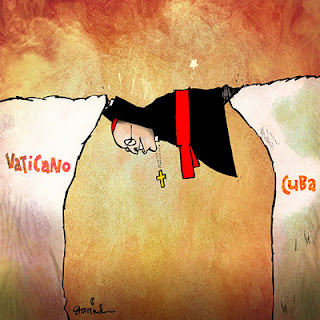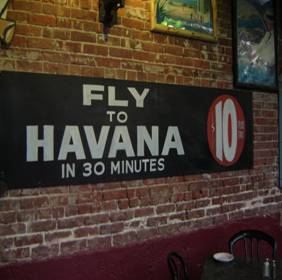
Cuban journalists located in other countries, where they act as correspondents for government media, seem to me like the bread sold on the ration book (the government bread, as a poet friend of mine calls it): they are unpalatable and difficult to digest.
If they carry out their duties in a country whose government is a friend to Cuba, everything is marvelous and it advances in its accomplishments, despite the resistance of the local employees of the empire. If a county is neutral or an enemy of the Cuban government, everything is terrible, it’s almost a Hell, and it regresses from failure after failure.
So it is, in black and white with no shades of gray: the good are always good and the bad are always bad. Objectivity, for them, is a dirty word which has been expunged from the dictionary. One could argue, in their defense, that they do this because the enemy is in charge of its own propaganda, but here their newspapers and magazines are not sold, their radio and television signals are not allowed, not to mention the Internet, access to which is prohibited to the population.
Due to all this, the media blitz is one-sided, with no chances to compare and think and decide with your own head; we are shown only one side of the coin. So, when I hear some natives and foreigners say that the Cuban people is a politically educated people, I’m overcome by fits of laughter, which I try to contain because of the tragedy of the situation. Educated? Without media independent of the State? Educated? Without public opinion? Good God!
Perhaps one aspect for these correspondents to exploit, which the majority would appreciate, would be to learn about the lives and work of Cubans abroad who number in the hundreds of thousands: their opportunities and difficulties, their successes and failures, be they entrepreneurs, engineers , artists, scientists, politicians, athletes or ordinary citizens.
For me, such Cubans include Duque Hernandez, Willy Chirino, Andy Garcia, Guillermo Cabrera Infante, Thomas Sanchez, Arturo Sandoval, Gloria Estefan, Olga Guillot, Celia Cruz, Rigondoux and others such as Pedro Luis Lazo, Silvio Rodriguez, Patricio Wood, Leonardo Padura, Roberto Fabelo, Chucho Valdes, Omara Portuondo, Beatriz Marquez, Savon and others regardless of their political and ideological positions.
I mention these athletes and artists because, one way or another they are known, which does not happen with architects, businessmen, doctors, physicists, chemists, etc., whom we don’t even know exist.
Lately we celebrated the Day of the Press (it’s the 14th here) and, prior to that some prominent national journalists received awards, and national and foreign personalities were honored who, although they are not journalists they act as such in the unconditional defense of the model against media aggression.
Really, I don’t know if they deserve to be congratulated: I remember a journalist, yeoman of the previous regime, who never tired of mouthing off on some midday TV show, against the treacherous and traitors who opposed it.
When the change came, he was given a long prison sentence, and now no one remembers him. Hopefully those events won’t be repeated! At least there will be no prison sentences because we aspire to a country with freedom of expression. However, that of the forgotten one cannot be erased.
March 15 2012











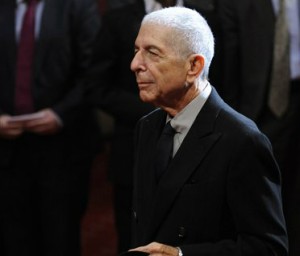
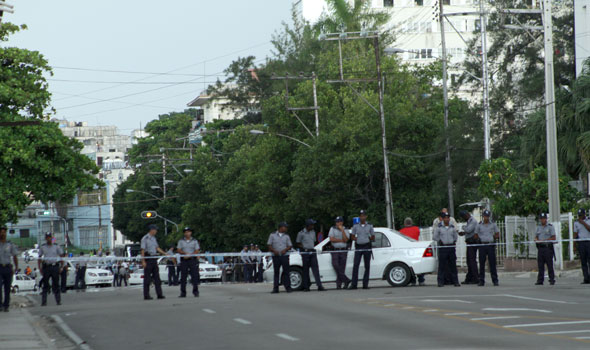

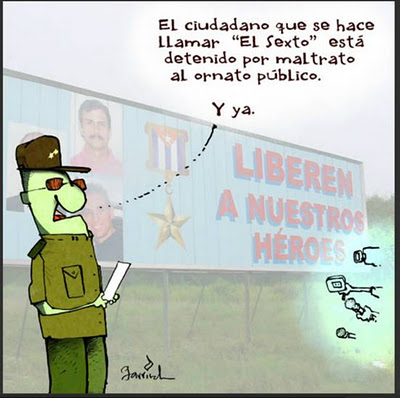
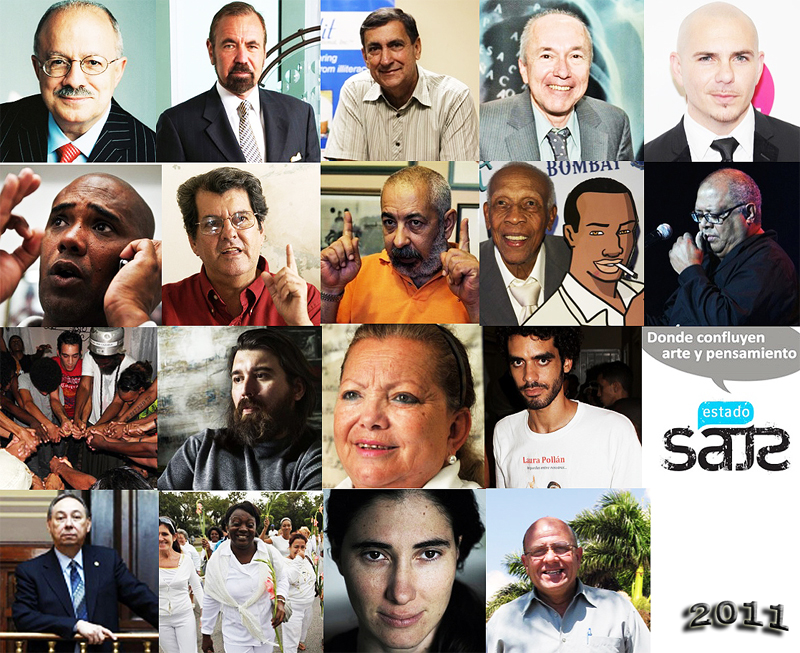
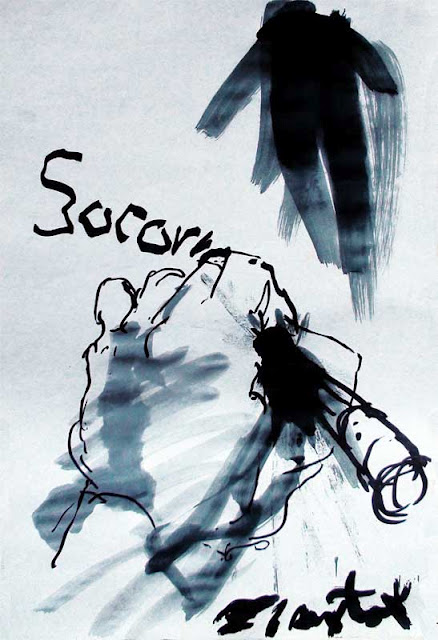
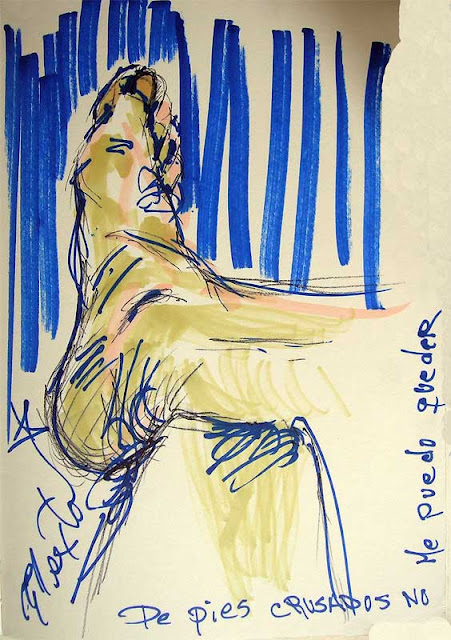










 On a day like yesterday, thirty years ago, the Carlos J. Finlay Medical Sciences Detachment was formed. In front of 3,800 young medical students, gathered in the Karl Marx Theater, Fidel Castro warned then that the University was for the revolutionaries, a condition more demanding for those who were responsible for people’s health. In commemoration yesterday, the Minister of Health, Dr. Roberto Morales Ojeda received a certificate addressed to the Cuban president.
On a day like yesterday, thirty years ago, the Carlos J. Finlay Medical Sciences Detachment was formed. In front of 3,800 young medical students, gathered in the Karl Marx Theater, Fidel Castro warned then that the University was for the revolutionaries, a condition more demanding for those who were responsible for people’s health. In commemoration yesterday, the Minister of Health, Dr. Roberto Morales Ojeda received a certificate addressed to the Cuban president.